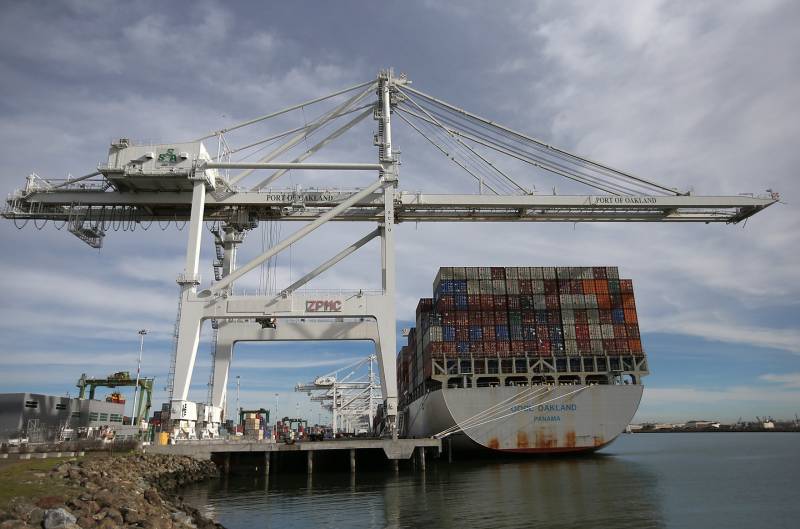“The terminal would be unique and the preferred terminal on the West Coast to transfer coal from Utah to Japan,” Barry Lee, the attorney representing the developers, said in court on Friday. He claimed that the city “did everything it could to interfere” with the project.
Attorneys representing the city of Oakland said that Tagami missed key deadlines and failed to uphold his end of the lease. “They have utterly failed to meet their burdens” of the contract, attorney Danielle Leonard said.
Oakland could pay millions of dollars in damages
In total, Tagami is asking for $159 million in damages or, alternatively, the chance to move forward with the project by receiving an extension to complete construction milestones.
According to a pretrial brief (PDF), OBOT is seeking an extension of at least two years and five months to meet its construction requirements.
James Wolff, CEO of Enchant Energy, who was previously involved with the project, said in witness testimony this week that he believes “there were billions of tons of coal to export through this facility” and that the coal prospects “encouraged us to move forward and we secured customers.”
The city countered that the developers’ projected profits are speculative and unreliable.
“This court has no discretion to award any damages at all,” Leonard said on Friday during closing arguments for the trial.
“California law is clear that lost profits from a future third-party business relationship are typically consequential, not actual damages,” the city wrote in pretrial filings (PDF). “It is not enough to say, for example, that this was a development contract and the City has interfered with that development, therefore, OBOT should get its estimated lost future profits.”
The judge ultimately found that the city breached its contract with Tagami, who argued officials blocked him from executing his plans.
Her decision over whether Oakland — and, by extension, taxpayers — will have to pay Tagami back millions or let the project move forward is expected in the coming weeks.
West Oakland pushes back
Environmental groups continue to oppose the coal terminal project for its potential to increase pollution in West Oakland.
A 2016 report by Environmental Science Associates found that coal flowing through the ship-to-rail terminal would largely impact lower-income communities near the port, including in West Oakland, western San Leandro and Emeryville.
